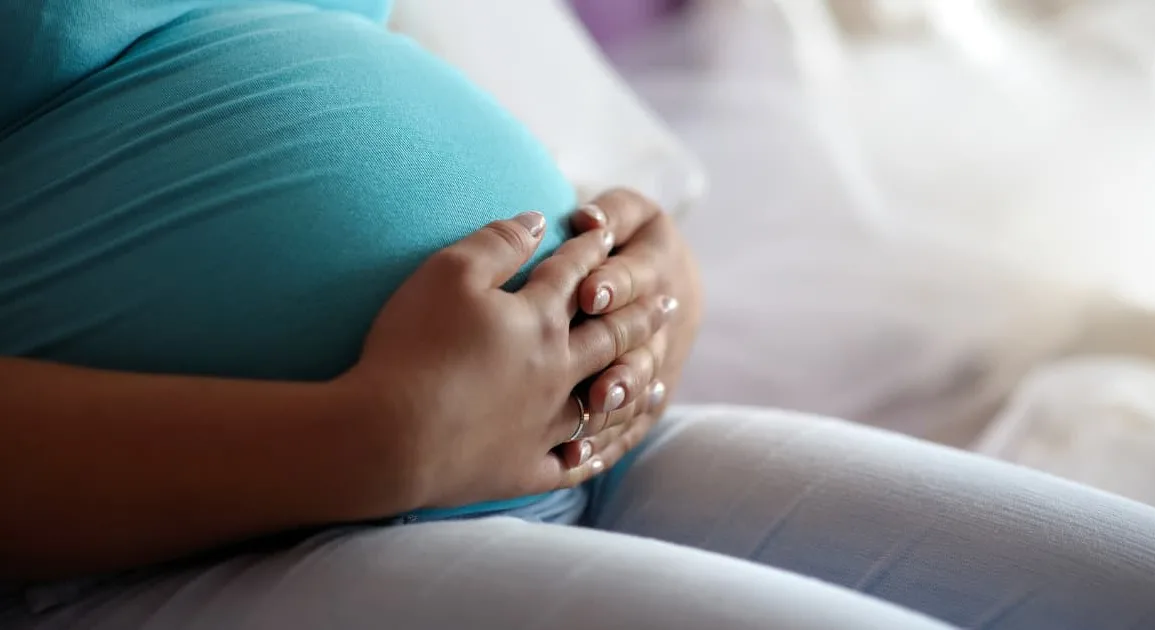
In the late 2000s, Andriana Dixon regularly drove an hour and a half one way from McGehee to Little Rock for her first child’s doctor’s appointments.
“There were no pediatricians in my area at the time, and I wonder how many parents are out there who are choosing to do that same thing,” she said.
Advertisement
Dixon’s experience is not unique, regarding both the shortage of health care providers in rural Arkansas and the fact that Black children and families face systemic barriers to care both statewide and nationwide.
Arkansas’s Black children consistently have worse health outcomes from birth onward than children of other races, according to a study published Wednesday by the Annie E. Casey Foundation.
Advertisement
The Race for Results report collected a decade’s worth of data on child health and wellbeing and found widespread disparities between white and nonwhite children nationwide. The study analyzed data by state and race, measuring health based on 12 indicators like birth weight and enrollment in early childhood education.
On a scale of 0 to 1,000, Arkansas had the following scores for child wellbeing in each racial group:
Advertisement
299 for Black children, ranking 42nd out of 46 states studied397 for Latino children, ranking 45th out of all 50 states597 for white children, ranking 47th out of all 50 states562 for children of two or more races, ranking 30th out of all 50 states616 for American Indian or Alaska Native children, ranking 5th out of 31 states624 for Asian and Pacific Islander children, ranking 42nd out of 45 states
Black maternal mortality in Arkansas rose 110% in two decades, study shows
Advertisement
Nationally, Black children scored lower than any other group at 386, while Asian and Pacific Islander children and white children scored highest at 771 and 697, respectively.
Arkansas has the nation’s highest maternal mortality rate and the third highest infant mortality rate regardless of race, according to the Arkansas Center for Health Improvement, which launched a project in 2022 to raise awareness about the issue.
Advertisement
Additionally, the rate at which Black women in Arkansas die during childbirth or within a year of giving birth more than doubled from 1999 to 2019, according to a study published in the Journal of the American Medical Association.
Dixon, who now lives in White Hall, has been a special education teacher for children from preschool to 12th grade since 2016, and she has been a doula since 2020, working with families from Little Rock to the Delta. The racial gaps in children’s health and education shown in the Race for Results report line up with what she has observed in both of her careers, she said.
Advertisement
The University of Arkansas for Medical Sciences and Arkansas Children’s Hospital are working together to address racial disparities in health outcomes, said Dr. Eduardo Ochoa, vice chair of diversity and health equity with UAMS pediatrics.
“We know that there are other factors like food insecurity and care deserts [that determine health], so we try to address as many of those non-medical factors as we can,” Ochoa said.
Addressing barriers to care
Some of Arkansas’ 75 counties do not have hospitals, according to the state Department of Health. Many had very few full-time primary care physicians per 10,000 residents in 2020, according to ACHI data, and medical professionals in specialized disciplines, like pediatrics, are few and far between outside populous areas.
Arkansas Children’s has the state’s only accredited neonatal intensive care unit (NICU), and the hospital’s Nursery Alliance brings neonatal care providers to hospitals throughout the state, both in person and virtually.
Advertisement
“Our tele-NICU program is kind of in its infancy, no pun intended, but we’re trying to build our telehealth system in Arkansas, which is really robust,” said Dr. Ashley Ross, the neonatology section chief at UAMS and Arkansas Children’s, who runs the Nursery Alliance.
Ross said one of the biggest barriers to neonatal care in rural Arkansas is reliable transportation, especially with great distances between homes and hospitals.
He added that the Alliance focuses on underserved regions and communities, such as South Arkansas, and works to ensure that Arkansans carry their pregnancies to term and deliver babies with healthy birth weights.
According to Arkansas Advocates for Children and Families, 9.5% of all babies in Arkansas were born with low birth weights in 2021, and 17% of Black infants had low birth weights.
Being born at less than 5.5 pounds, often caused by premature birth, creates health risks for children not only in infancy but throughout childhood and even into adulthood, according to the Race for Results report.
“Between 2016 and 2021, the percentage of babies born at a healthy birth weight stayed the same for white children (93.0%) and declined slightly among other racial and ethnic groups, with the largest drops for Asian and Pacific Islander and Black babies,” the report states.
Those groups also saw the largest decreases in enrollment in early childhood education between 2007–11 and 2017–21, the report states.
It wasn’t a piecemeal approach that got us here. It was a full-on targeting of Black people, Indigenous people and other people of color.
– Maricella Garcia, Race Equity Director of Advocacy at Arkansas Advocates for Children and Families
Access to education is one of the many social determinants of health, Ochoa said. His work includes making early childhood education more accessible for immigrant and non-English-speaking families in Southwest Little Rock, which has a large Hispanic and Latino population.
UAMS is the grantee for the federal Head Start program, and enrollment has only recently returned to where it was before the COVID-19 pandemic took hold in 2020, Ochoa said.
“Anything that can help children in the first three years of life is very important to their success in school and after school and employment and things like that, because the first three years are so important to brain development,” he said.
Policy solutions and public awareness
In the report, the Casey Foundation recommends several widespread policy measures to improve children’s health and wellbeing. The report acknowledges that “universal policies are important but insufficient for continued progress” and encourages states to create programs that specifically aid people of color.
The foundation’s proposed solutions include expanding the federal child tax credit and the earned income tax credit. Ochoa said implementing these policies on the state level “would really go a long way in improving the health of children” in Arkansas.
Arkansas Legislature saw wide range of maternal and reproductive health legislation in 2023
AACF supports requiring presumptive Medicaid eligibility for pregnant Arkansans and extending postpartum Medicaid coverage from 60 days to 12 months after birth. State Rep. Aaron Pilkington, R-Knoxville, sponsored bills during the 2023 legislative session that would have created both policies.
Neither bill advanced because of cost concerns, Pilkington said last year, and he plans to reintroduce them in a future session.
These changes to state Medicaid policy would give mothers and babies more timely prenatal and postpartum care, which would reduce maternal and infant mortality, said Maricella Garcia, AACF’s Race Equity Director for Advocacy.
“Moms are going to put their kids and family first, and if they don’t have access to health care, they’re unlikely to go to the doctor because they can’t afford it, so they’ll push off whatever feelings they have that something is wrong with them,” she said.
U.S. Department of Health and Human Services data released in December shows 78,506 fewer Arkansas children were enrolled in Medicaid or the Children’s Health Insurance Program (CHIP) in September than in March of 2023, an 18% enrollment decrease.
Systemic barriers to health and education, as the Race for Results report outlined, must be addressed with systemic solutions, not piecemeal ones, Garcia said.
“It wasn’t a piecemeal approach that got us here,” she said. “It was a full-on targeting of Black people, Indigenous people and other people of color.”
Arkansas Advocate is part of States Newsroom, a network of news bureaus supported by grants and a coalition of donors as a 501c(3) public charity. Arkansas Advocate maintains editorial independence. Contact Editor Sonny Albarado for questions: info@arkansasadvocate.com. Follow Arkansas Advocate on Facebook and Twitter.



